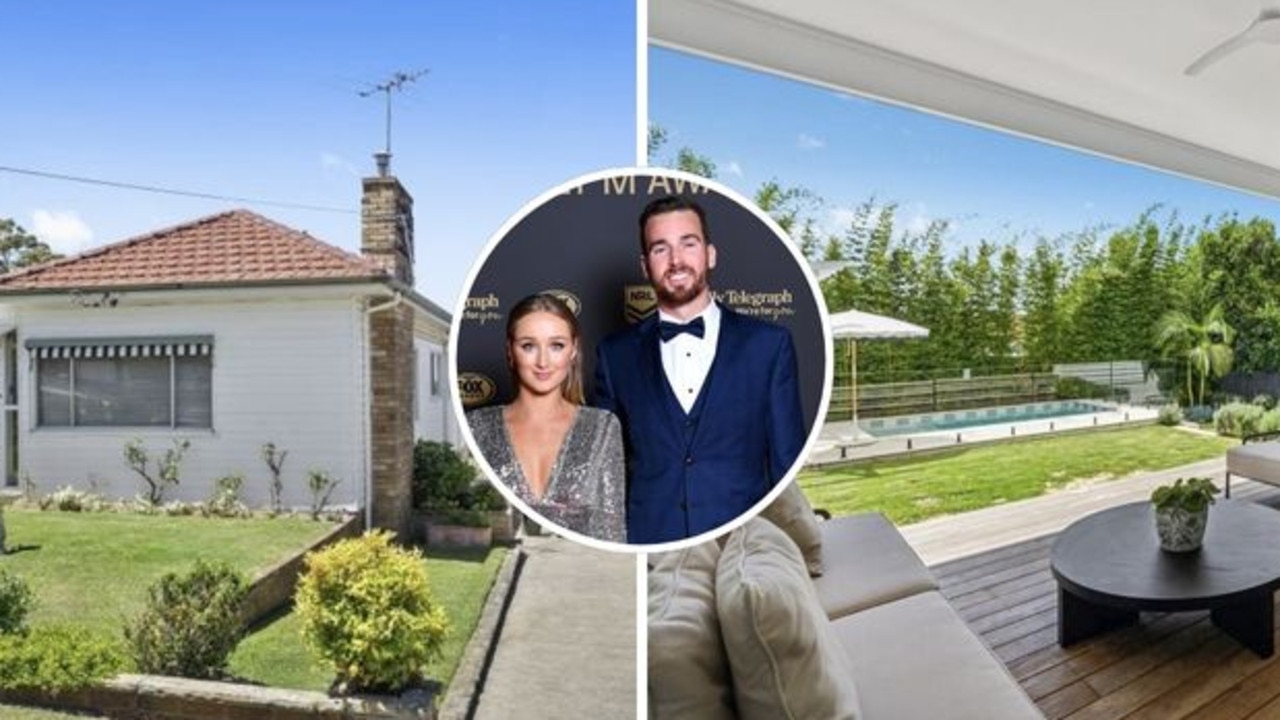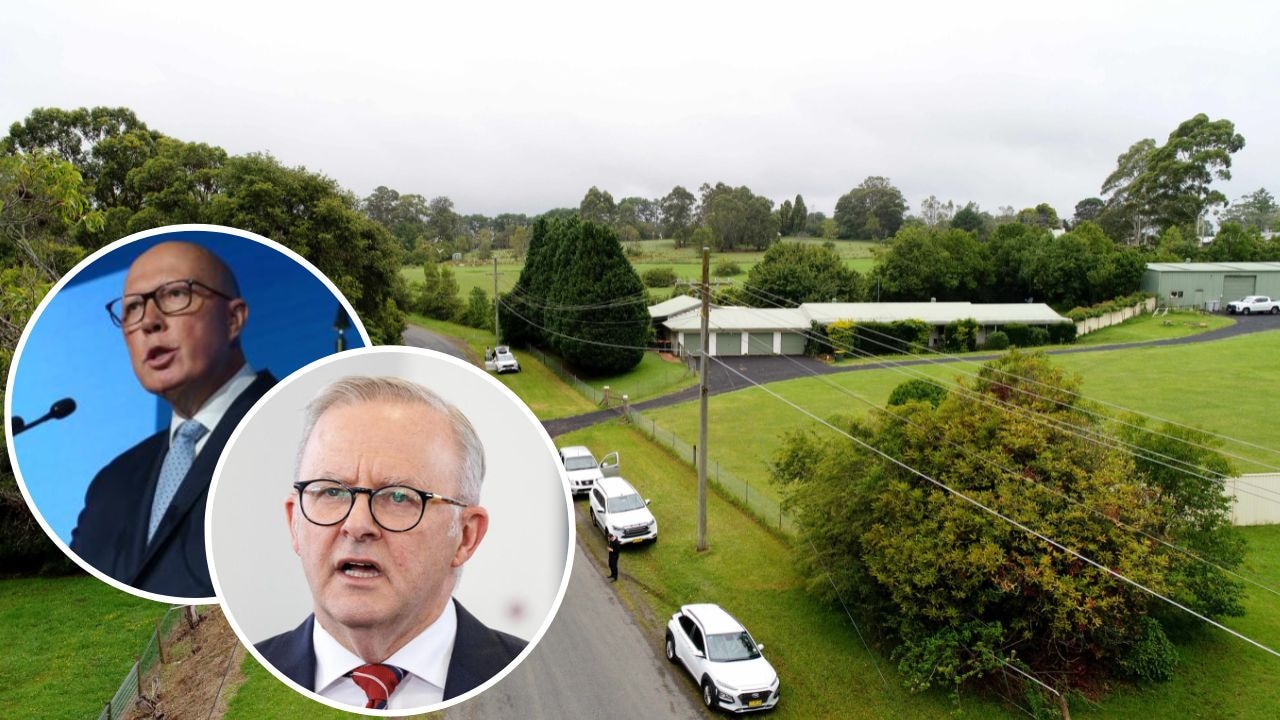NSW budget 2020: How property tax reform compares to stamp duty
The property tax shake-up could leave first-home buyers as much as $54,000 better off at the time of purchase, but they could be stung with a four-figure bill every year thereafter.
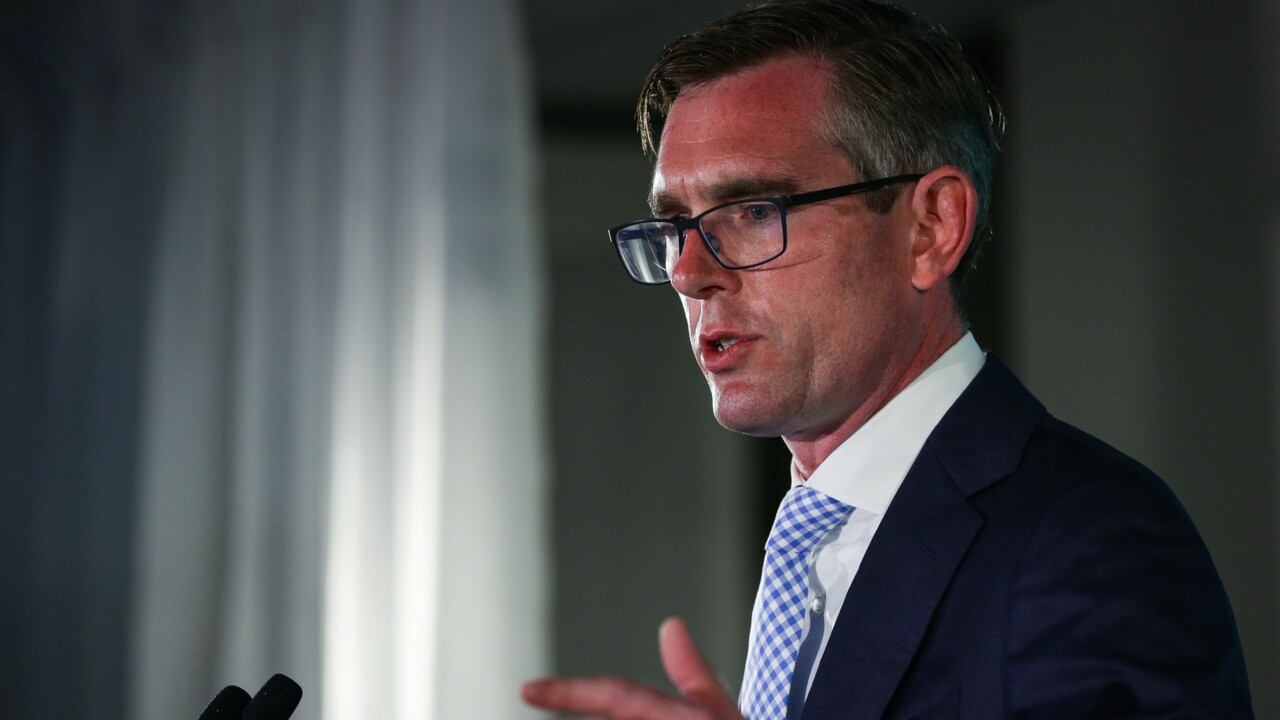
NSW
Don't miss out on the headlines from NSW. Followed categories will be added to My News.
The biggest shake-up in property taxes in a generation could leave first-home buyers as much as $54,000 better off at the time of purchase but then facing a four-figure tax bill every year.
NSW Treasurer Dominic Perrottet’s ambitious plan to overhaul transfer duties has been widely welcomed, including by the state Opposition, although farmers do not support it.
As part of the Budget, released on Tuesday, Mr Perrottet unveiled his revamp and public consultation until March.
“This is a substantial change to the system,” Mr Perrottet said.
“We’ve got a model we believe works.”
That model sees future buyers of all but the most expensive real estate given a choice between paying one-off stamp duty or annual property tax payments.
Farmers who choose property tax would pay the lowest rate of 0.3 per cent of the unimproved land value.
Owner-occupiers would be up for $500 plus 0.3 per cent.
Investors who picked property tax would pay $1500 plus one per cent. The higher rate takes into account that many investments currently attract both stamp duty and land tax.
All these buyers could opt for the status quo.
And there is no impact on people who aren’t purchasing.
A first-home buyer could receive a grant of as much as $25,000 instead of existing concessions then choose to pay property tax instead of stamp duty which, on a $750,000 property, would be $29,000.
So they would start $54,000 ahead compared to a non-first home buyer who went for stamp duty.
But the first-time buyer would be liable for ongoing property tax starting at $1243, which would increase with their land value.
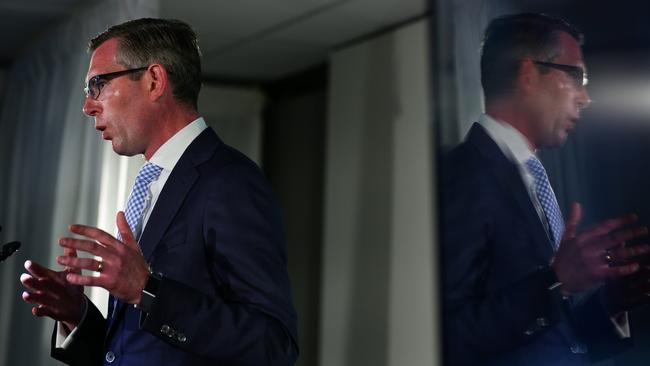
The consultation paper says there is no going back after a selection is made.
“Once a property is subject to the property tax, subsequent owners must pay the property tax,” it says.
Not everyone would be better off by choosing to pay property tax.
The government’s consultation paper says empty-nesters who buy their “forever home” for $700,000 would be up for $27,500 more over 20 years.
They could instead pay stamp duty upfront, it says.
The average length of ownership in NSW is 11.5 years for a house and 9.7 years for a unit, according to CoreLogic.
Buyers of luxury properties are likely to be excluded and left with no option but to shell out stamp duty when they purchase.
That is to limit the initial hit to revenue.
The state would still likely need financial help from Canberra until the annual flow of property tax revenue matched the existing stream from stamp duty.
Some estimates suggest that could take a decade.
In building the case for reform, Mr Perrottet said that since 1990 average stamp duty on dwellings had increased more than seven times compared to three times for average earnings.
He also said it now took 2.5 years to save the money needed to pay for stamp duty on the average home, compared to one year when MC Hammer was top of the charts.
It was the most stifling of all taxes and hadn’t changed in a generation.
He said his reforms would create $11 billion of economic benefits in the first four years as conveyancers, solicitors, real estate agents and surveyors got extra work and retailers sold more furnishings.
Labor’s Treasury spokesman Walt Secord said it was “willing to put out the hand of bipartisanship”.
The Opposition would seek to ensure any changes were fair, created jobs and made home ownership more affordable.
The Labor-aligned think tank, the McKell Institute, threw its support behind the reforms as well.
Executive director Sam Crosby said: “I’m pleased the treasurer has seen the opportunity in the moment, and is following the many expert economists who have recommended this important move.”
CommSec chief economist Craig James said it would provide a boost.
And, unsurprisingly, the property sector was enthusiastic.
But farmers said the changes were bad for them.
“A property tax has an ongoing impact being applied annually, irrespective of the business turnover,” said NSW Farmers President James Jackson.
“This places an additional burden on the business cash flow requirements and therefore viability of the enterprise, particularly when agriculture returns are so dependent on factors beyond control.”
Deputy Premier and Nationals leader John Barilaro told state parliament “my understanding is it doesn‘t impact on farms”.
However, the government later clarified that farmers who bought land could still choose stamp duty, which would mean they weren’t affected.
It also said there would be a broader hardship scheme.
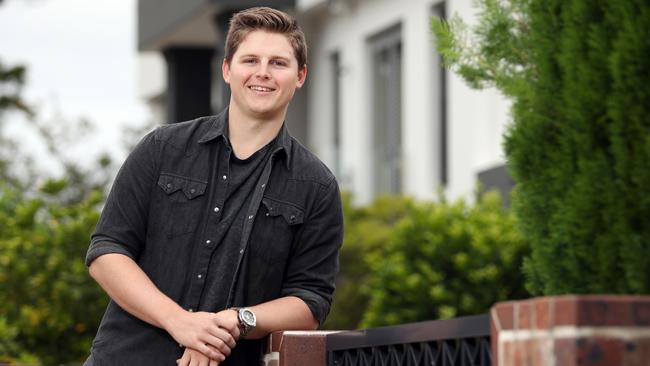
Andrew Walker, 22, moved to Sydney from Western Australia in December last year and is now looking into buying his first home. Terminal operator Mr Walker, 22, from Sydney Olympic Park, said the journey to homeownership was “confusing” to navigate.
“I’m only fairly new to this, but it can be really confusing trying to figure out where you fit in terms of government grants and offers, plus it’s really hard to find a house for the right price which has everything you want in it and is in the right area,” he said.
“It’s not exactly an easy process for the first home buyer in Sydney, especially when rent is high.”
Mr Walker welcomed the state government’s budget initiative, which would give him the option of pocketing $25,000 and paying annual property tax or using the cash splash to pay off his stamp duty upfront.
He said he’d choose to wipe out his stamp duty debt with the $25K, and the incentive was helpful in dealing with a “frustrating” extra cost while buying a house.
“Stamp duty is one of the most frustrating things, you’re already paying the value of the asset you’re purchasing and then it just whacks and extra 25 or 30 grand on top,” he said.
“It would definitely make the house buying process a bit more enjoyable, knowing you don’t have to spend more money than necessary.”
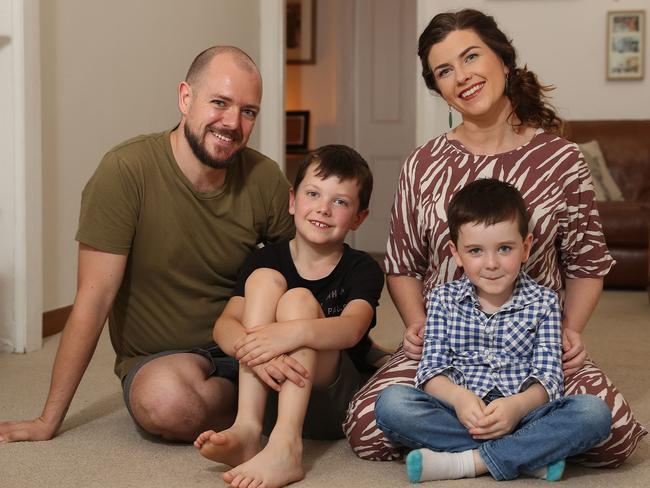
Married couple Jennifer and Mark Higgins rent a home in North Sydney but are saving up to buy “in the near future”.
Mr Higgins, 35, said paying $750 a week in rent while feeding and clothing two growing boys made it “hard” to save for their first home.
He said the couple would probably use the $25,000 state government grant to pay off stamp duty upfront and it would make a “huge difference”.
“We’re putting away as much as we can to save for a deposit, but as renters and people with kids, it doesn’t come easy,” he said.
“Stamp duty has definitely had an impact on what sort of home we’re looking to buy… having that cost covered would help us save more and help turn the house we buy into a home for our kids.”



